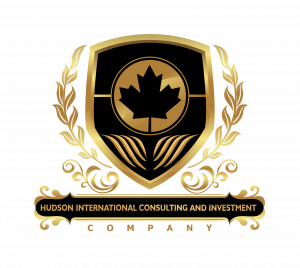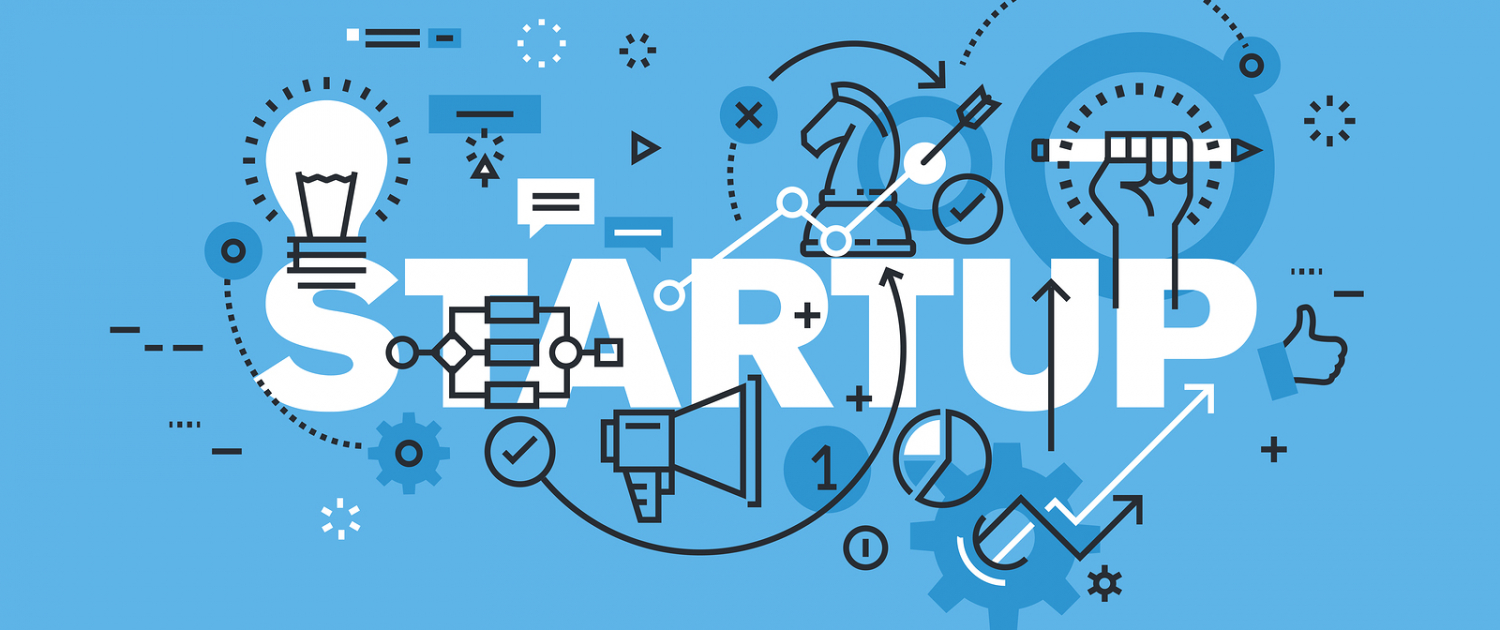Startup
The term “startup” refers to a company in the first stages of operations. Startups are founded by one or more entrepreneurs who want to develop a product or service for which they believe there is demand.
Startups are rooted in innovation, addressing the deficiencies of existing products or creating entirely new categories of goods and services, thereby disrupting entrenched ways of thinking and doing business for entire industries.

Startups typically begin by a founder (solo-founder) or co-founders who have a way to solve a problem. The founder of a startup will begin market validation by problem interview, solution interview, and building a minimum viable product (MVP), i.e. a prototype, to develop and validate their business models.
A startup works like any other company. A group of employees work together to create a product that customers will buy. What distinguishes a startup from other businesses, though, is the way a startup goes about doing that.
Advantages and Disadvantages of Startups
There are a variety of advantages to working for a startup. More responsibility and opportunities to learn are two. As startups have fewer employees than large, established companies, employees tend to wear many hats, working in a variety of roles, which leads to more responsibility as well as opportunities to learn.
Pros
- More opportunities to learn
- Increased responsibility
- Flexibility
- Workplace benefits
- Innovation is encouraged
- Flexible hours
Cons
- Risk of failure
- Having to raise capital
- High stress
- Competitive business environment
6 Stages of a Startup
Like any other growing thing, all businesses have lifecycles, and although many factors influence growth, there are 6 specific stages of a startup as they develop.

Though the time spent in each stage will be different for every growing company, there are six main phases.
Stage 1: Idea
It seems everybody has (what they consider) a million-dollar idea, but making an idea into reality is very rare. Rarer still is the “great idea” that not only gets off the ground, but finds its perfect audience. A huge factor in a start-up’s success comes before the company itself ever launches. Before doing anything else, carefully research your target audience and your offering’s potential product-market fit.


Stage 2: Concept
Research in hand, create a business plan and mission statement. Set goals for your development over the coming years. Find key milestones for next few years on how to get there. In this stage it is realized whether additional team members for specific roles are needed or not?
Stage 3: Commitment
Here’s where you move from a concept to a company, in order to putting your research into practice. Create a prototype, develop a process, and start building a team. Secure funding. Continue to refine your business model. Work towards a minimum viable product, begin initial marketing to drum up some word of mouth, then launch.

Stage 4: Validation
Validation or traction, is typically the first year of a start-up. This is the stage where you begin to get the word out about your product and gain your first customers. Here you find out whether or not your company is truly viable. At this stage, focus on growing your customer base and actually attaining the product-market fit you researched earlier.

Stage 5: Scaling
The next stage of a startup is scaling, or growing—further growing your customer base, your offerings, and your company itself. In this stage, which can start at year 2 to 3 and last for years, you iterate on what’s working and put processes into place to iterate faster. You are able to attract funding if you want and continue optimizing your marketing strategies. Build out your own staff and infrastructure to support your growing workload. For the smoothest scaling up, build scaling mechanisms into your business plan from the beginning.

Stage 6: Becoming Established
Congratulations—your company is no longer a start-up, but an established enterprise. In this stage (likely year 3 or after), you may see considerable growth, although not at the dramatic rate you did while scaling up. Focus on increasing customer retention and loyalty, testing and refining your marketing strategies, and further developing your strengths.

Hudson Company is ready to cooperate with you in every one of these stages and solve the possible problems. Our specialty is startup generation and we are capable of turning your great ideas into startups.
Some of our generated startups are as bellow:


 Risk Identification in Electric Vehicles Start Up
Risk Identification in Electric Vehicles Start Up Jungle Protection Start Up
Jungle Protection Start Up Intelligent Safety in land Mines
Intelligent Safety in land Mines